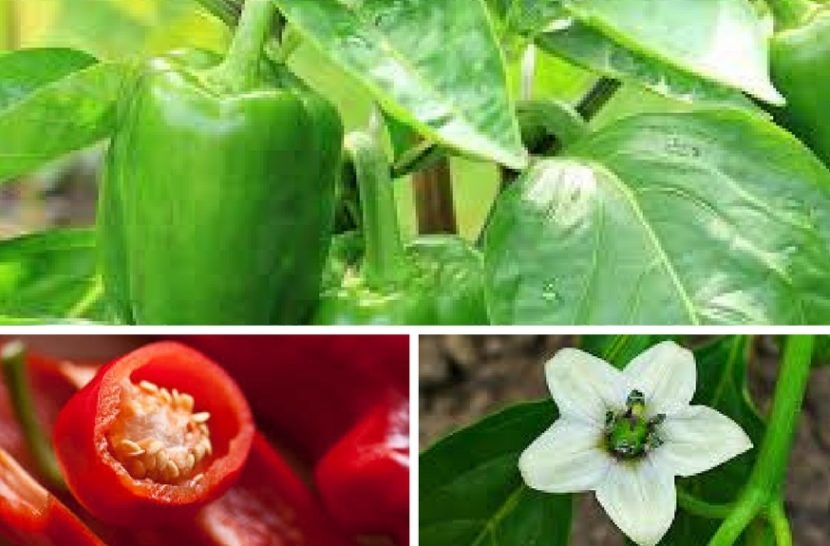Capsicum annuum
Cultivation
They are grown from seedlings. Strengthen them before planting outside by gradually exposing them to lower temperatures.
Distance between plants
At least 50 cm (20 in) between rows and at least 40 cm between plants in a row.
Location
Sunny.
Amount
Four plants per person.
Time of planting
Beginning of February-mid March for seedlings. It germinates in 10-20 days.
Fertilization
With mature barn manure or compost. Water occasionally with algae brew. Use calcium foliage fertilizer in hot and dry summer.
Watering
They need a lot of water. Water every third day to 30 cm (12 in) deep. Use organic mulch.
Pepper’s good neighbors
Chives, kohlrabi, lamb’s lettuce, radish, sweet corn, lettuce, asparagus, celery, calendula, basil, rhubarb.
Pepper’s bad neighbors
Broad beans, beans, peas, all relatives (esp. potato and tomato)
Diseases and pests
Thrips, fungal disease and bacterial blights. Thrips makes scabs on fruits, while bacteria cause darker, round spots on leaves.
Pepper’s storage
Cut the fruits regularly. Keep them in the fridge up to two weeks. They can be pickled or frozen as well.
Food
Use the fruits. Peppers contain many antioxidants, vitamins and minerals. Pickle together with the seeds.
Important
They like warmth. It is important to prickle the seedlings out (when the first leaves turn horizontally) for a better root system.
Miscellaneous
There are hot, semi-hot and sweet varieties of pepper. They are different colors, but when ripe, they turn red or orange.

